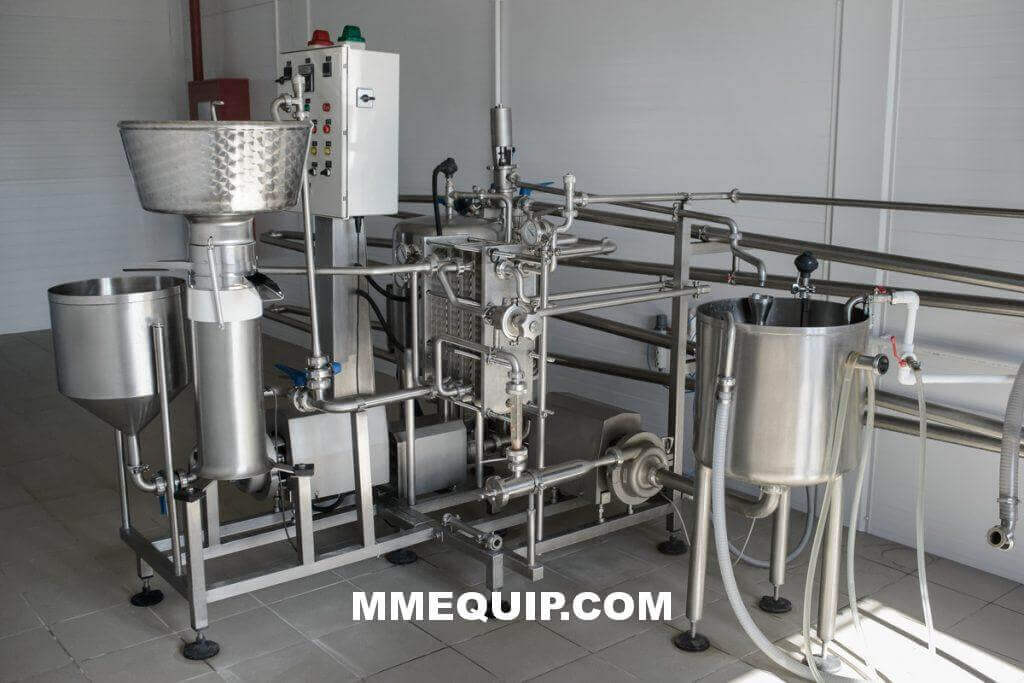Safety Tips for Using Food Processing Equipment

Safety is a huge consideration when selecting the right type of food processing equipment to purchase. The nuts and bolts of the equipment can cause a significant safety issue in the food processing process. Specific objects, such as plastic, metal, and others, can fall from the equipment and into the food. This forces the user to invest in expensive repairs.
Recently, an FDA Warning Letter was issued to a baked goods facility because of this exact problem. According to the report, a mesh-belt conveyor responsible for moving bagels through a proofer was missing pieces and observed as being broken in a few places. The size and shape of the pieces missing on the conveyor belt matched the complaints from customers.
It was reported that a few metal spikes were missing or broken from the cylindrical metal aerator, which perforated the in-process dough. Unfortunately, the food processing company had no metal detector or any other type of protective measures to detect the presence of metal.
Understanding the Rules and Regulations
According to The Code of Federal Regulations or CFR, Title 21 reads that necessary measures need to be taken to protect against the inclusion of metal or other types of potentially dangerous materials in food. At the same time, the CFR has noted that compliance can involve the use of metal detectors, traps, sieves, or other methods to detect and capture the metal in the food before being distributed. However, the best option is to prevent these metal fragments from getting into the food to begin with.
Causes of Metal Fragments in Food
One of the main causes of metal fragments in food is the lines and equipment that have not been properly maintained. Some equipment pieces may break off and get into the food products while it is being processed if preventative maintenance or routine inspections have been conducted. With these steps, it is possible to reduce the risk of a safety issue.
Also, an FDA document is written specifically for fisheries, but that applies to every food processor. According to this document, some of the most common reasons metal fragments are found in food include:
- Metal-to-metal contact (this includes things like can openers, blending operations, or mechanical cutting)
- Equipment that uses metal parts that become loose (this includes wire mesh belts (like in the example above), screens, metal ties, portion control tools, and others)
The Importance of Regular Inspections, Repairs, and Replacements
The FDA has stated that regular examination of processing equipment will help prevent the possibility of metal being found in food. However, the visual inspection may only be a possibility with simple equipment. More complex items or those containing many parts will require other controls, including metal separation or detection.
If the equipment is beyond repair, replacement should be considered. This will help ensure that no metal contamination occurs. Today, it is possible to find used food processing equipment from quality suppliers at affordable prices. It is best to know the best possible solutions to ensure the desired effects are achieved.
